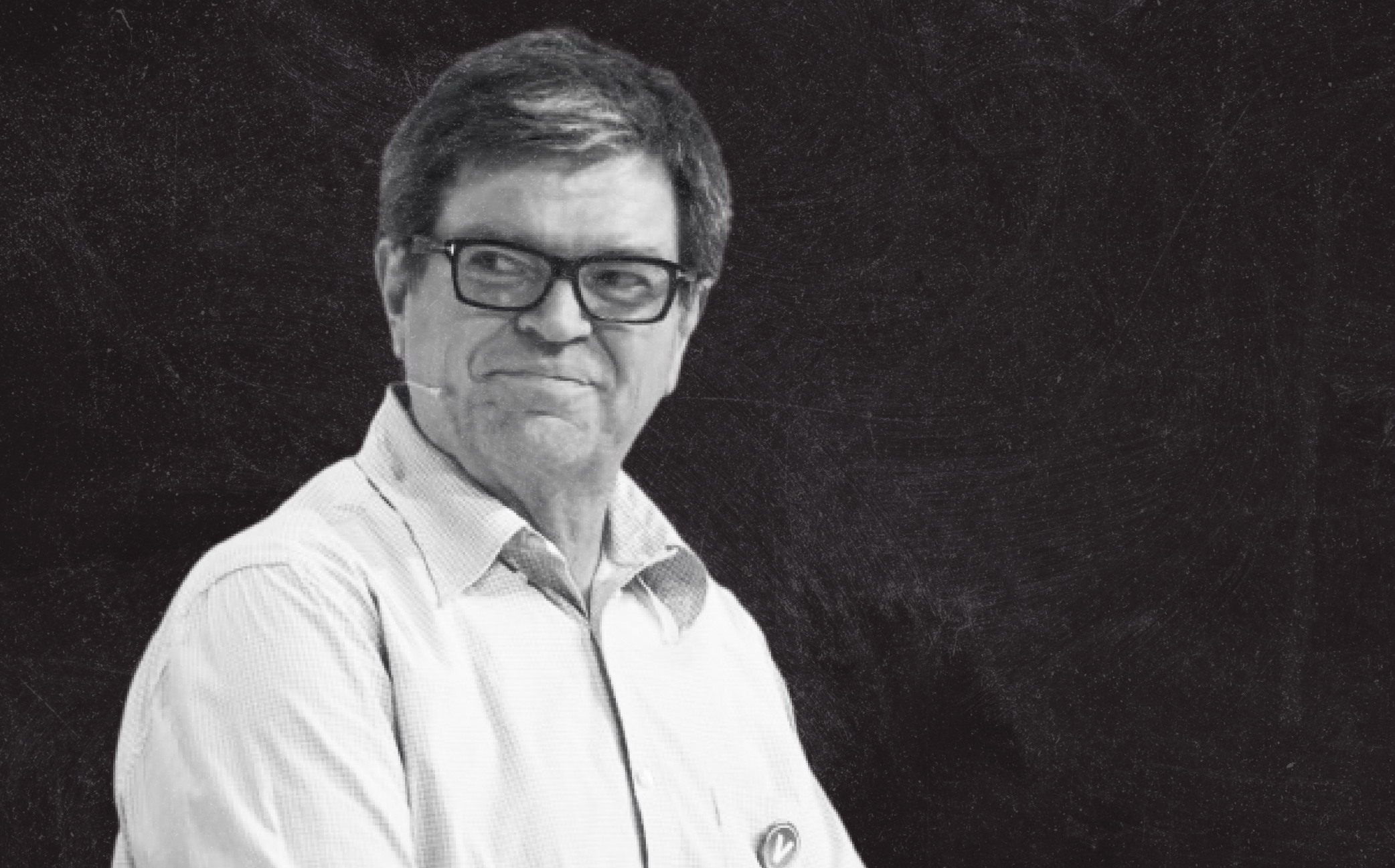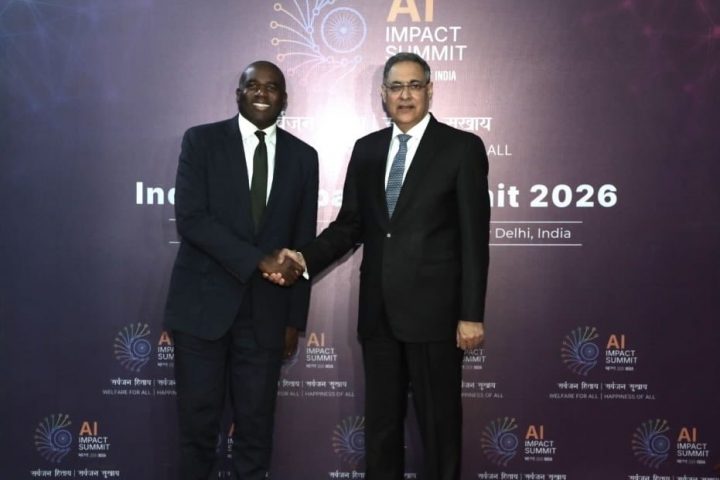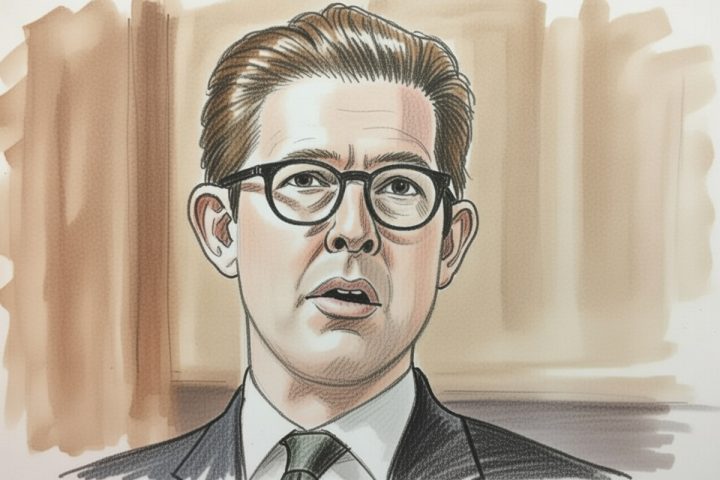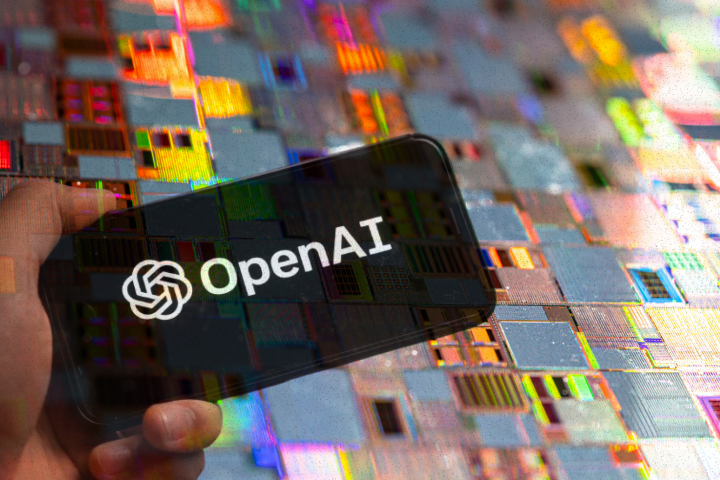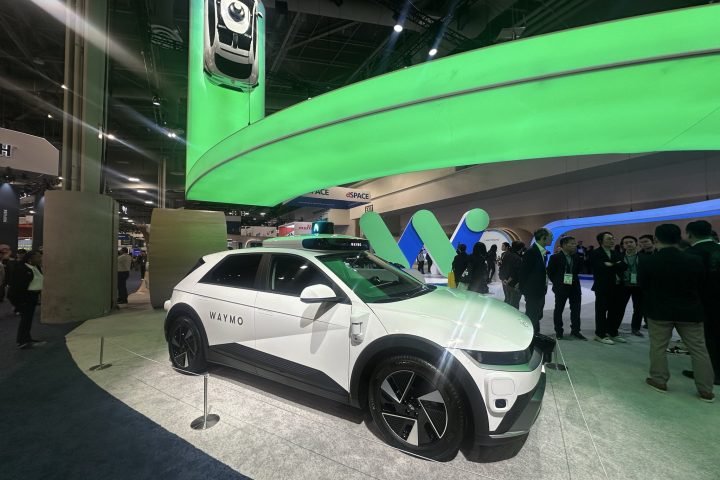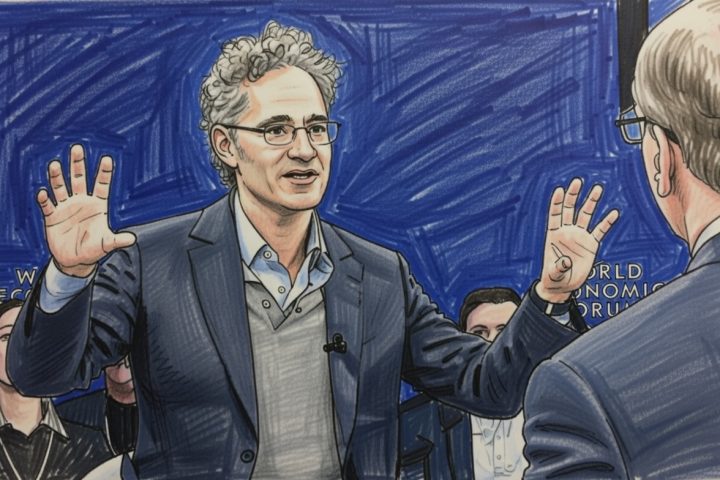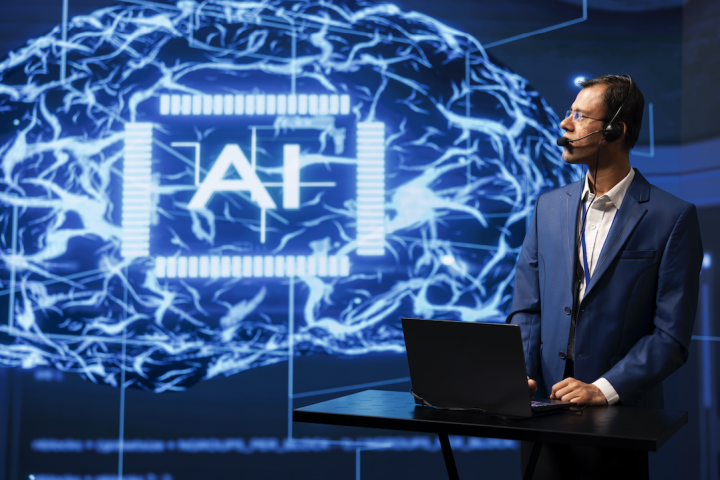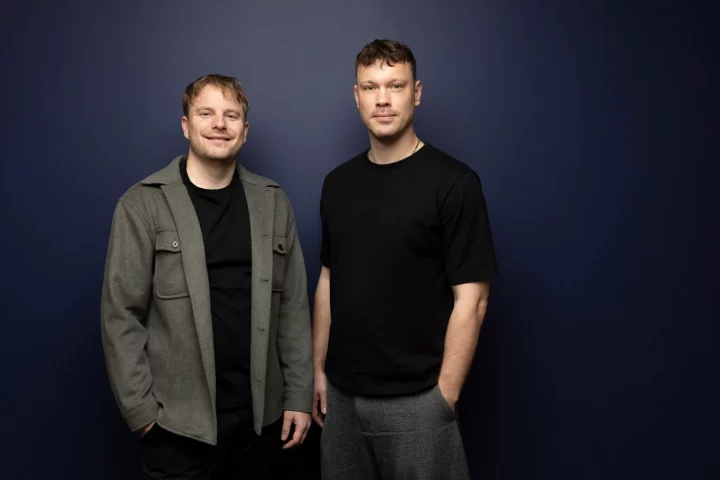Meta’s chief AI scientist and one of the field’s most influential pioneers, Yann LeCun, is reportedly preparing to leave the company to start his own venture. According to a report from the Financial Times, LeCun, who also teaches at New York University and co-won the 2018 A.M. Turing Award, has informed colleagues that he intends to depart in the coming months.
LeCun has been central to shaping both academic and industrial approaches to machine learning for nearly four decades, from inventing convolutional neural networks (CNNs) in the late 1980s to steering Meta’s long-term AI research through its Fundamental AI Research Lab (FAIR).
LeCun’s reported decision to leave comes amid a period of turbulence for Meta’s AI efforts. The company has recently reorganized its AI divisions in an ambitious, some say chaotic, push to catch up with rivals like OpenAI, Google DeepMind, and Anthropic.
Earlier this year, Meta launched a new division called Meta Superintelligence Labs (MSL) after investing an eye-catching $14.3 billion in Scale AI, a data-labeling firm. Scale’s CEO, Alexandr Wang, just 28 years old, was brought in to run the new division, signaling CEO Mark Zuckerberg’s urgency to accelerate AI product development.
The restructuring also changed LeCun’s role: previously reporting to Meta’s Chief Product Officer Chris Cox, he began reporting to Wang, a shift that symbolized Meta’s pivot from long-term research to short-term product results.
LeCun’s departure may stem as much from philosophical differences as from organizational upheaval. While Meta has leaned heavily into large language models (LLMs), such as its Llama family of AI systems, LeCun has long been a vocal skeptic of the idea that text-based models can lead to true intelligence.
He has publicly argued that current AI systems, impressive as they are, still lack the ability to understand the physical world or reason about cause and effect. In a now-famous social media post, he wrote:
“It seems to me that before ‘urgently figuring out how to control AI systems much smarter than us’ we need to have the beginning of a hint of a design for a system smarter than a house cat.”
This statement encapsulates LeCun’s belief that today’s LLMs, like ChatGPT or Gemini, are limited because they learn from static text, not from interacting with or modeling the real world
According to the Financial Times, LeCun’s planned startup will focus on developing “world models”, AI systems that can construct an internal understanding of their environment.
A world model allows an AI to simulate cause-and-effect scenarios, essentially predicting how actions will change its surroundings. This approach mirrors how humans and animals learn through observation and experience rather than memorization.
Researchers at Google DeepMind and World Labs are also pursuing similar ideas, suggesting that this may be the next frontier in AI research. These models could eventually make it possible for machines to plan, reason, and learn from video or spatial data, capabilities beyond the reach of current language-based systems.
LeCun has estimated that such technologies could take up to a decade to mature. His commitment to that long-term horizon may explain why he is striking out on his own, rather than staying at Meta as it chases near-term AI deployment goals.
To understand the significance of LeCun’s next move, it’s worth looking back at his remarkable career.
Born in Soisy-sous-Montmorency, France, in 1960, LeCun’s fascination with electronics began early, inspired by his engineer father. He earned an electrical engineering degree from ESIEE Paris in 1983 and completed a PhD at Université Pierre et Marie Curie (now Sorbonne Université) in 1987. His doctoral work on “connectionist learning models” helped refine the backpropagation algorithm, a fundamental technique for training neural networks.
LeCun spent a postdoctoral year in Toronto with Geoffrey Hinton, one of the godfathers of deep learning, before joining AT&T Bell Labs in 1988. There, he developed convolutional neural networks (CNNs), an architecture that would revolutionize computer vision and later power technologies from self-driving cars to smartphone cameras.
In the 1990s, his handwritten digit recognition system became the basis for NCR’s check-reading machines, which processed up to 20% of all checks in the U.S. at their peak.
After later stints at NEC Research and AT&T Labs, LeCun joined New York University in 2003, where he founded the Computational and Biological Learning Lab. In 2013, he was recruited by Facebook (now Meta) to launch FAIR, one of the first industrial research labs devoted to open AI science.
In 2019, LeCun, along with Hinton and Yoshua Bengio, received the A.M. Turing Award, often called the “Nobel Prize of Computing,” for their pioneering work on deep neural networks.


